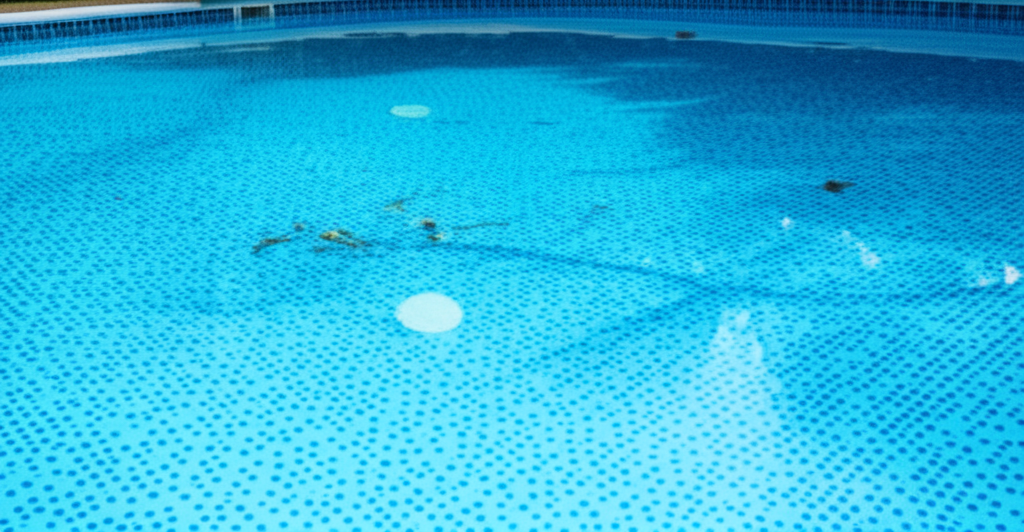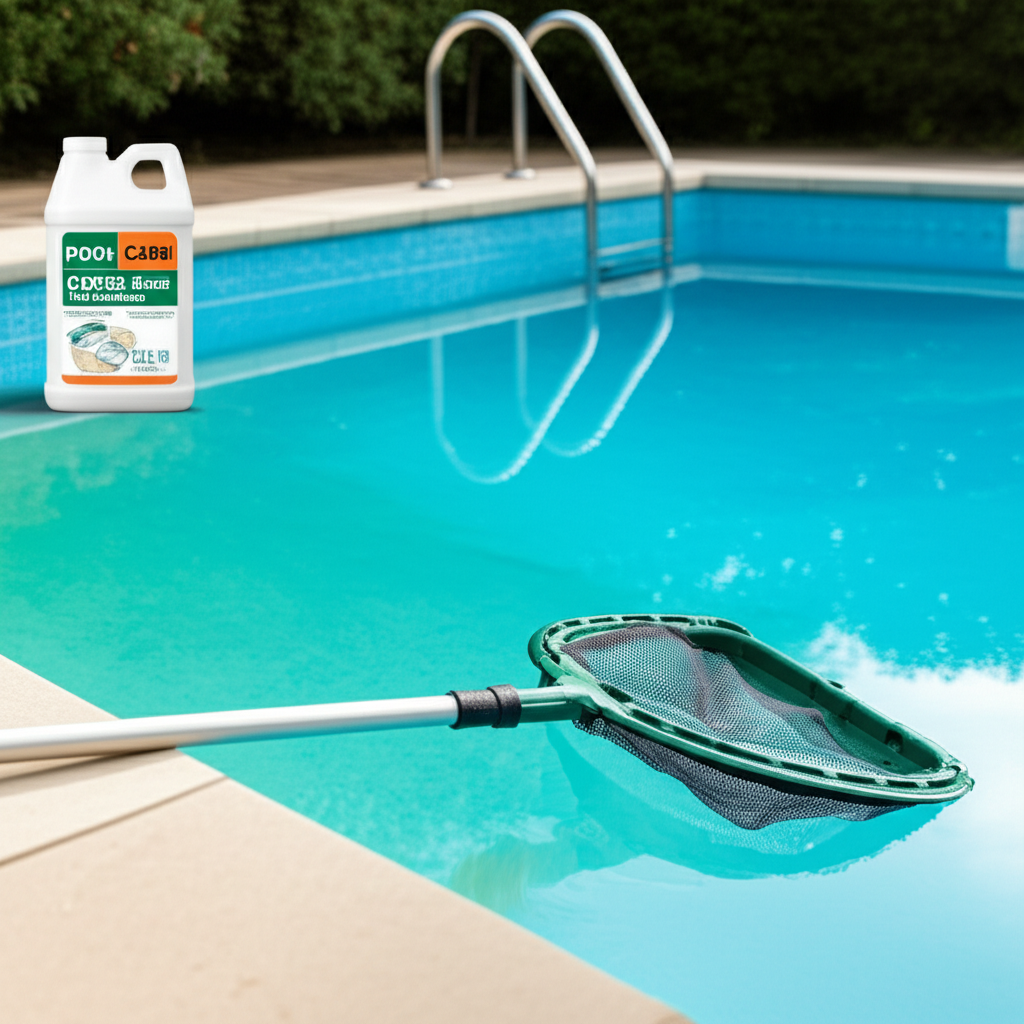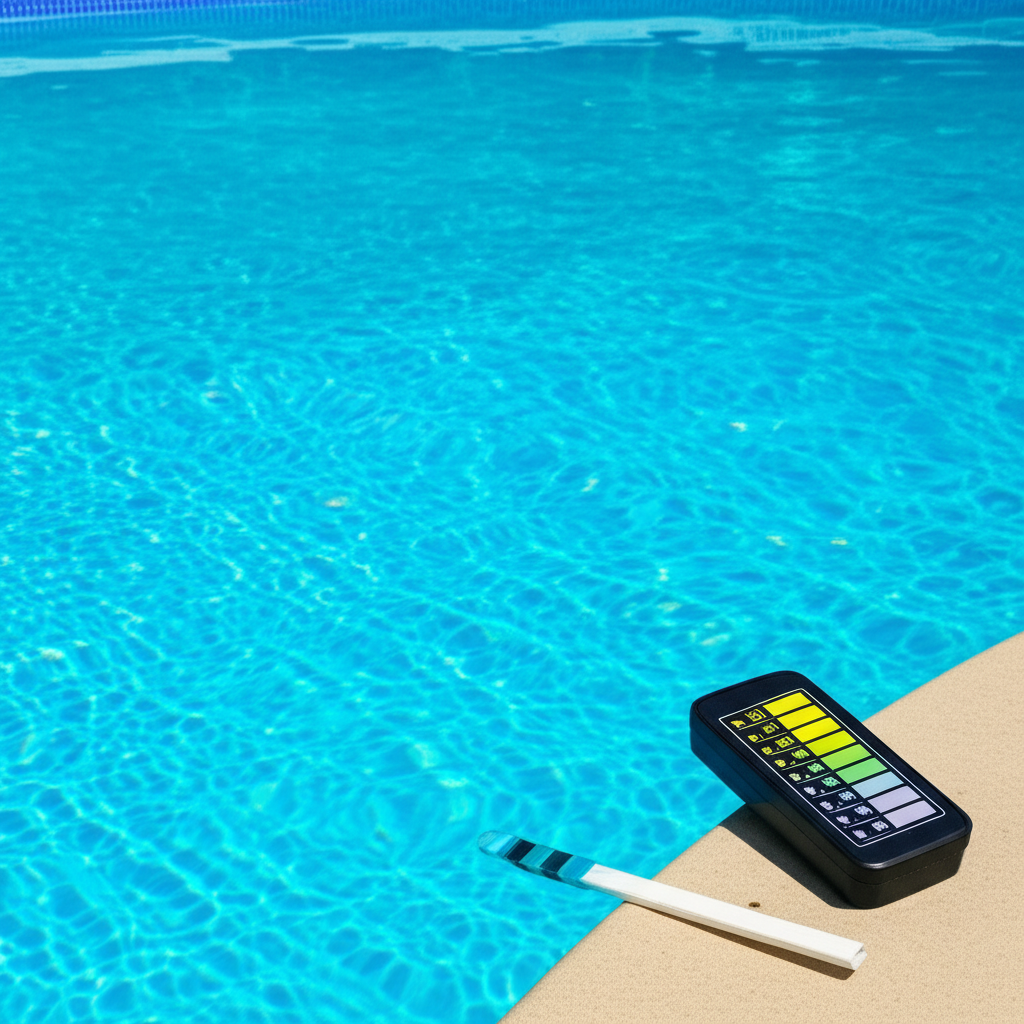- The High Cost of Common Pool Care Errors
- Neglecting Water Chemistry Fundamentals
- Ignoring Filtration and Circulation Systems
- Overlooking Routine Tasks: When Small Lapses Lead to Big Pool Problems
- The Ripple Effect: Why Addressing Pool Care Errors Matters
- Practical Tips to Avoid Pool Problems
Navigating the Waters: Essential Pool Care Mistakes to Sidestep
Pool Care Errors can quickly transform your backyard oasis into a murky, uninviting swamp, or worse, a health hazard. Owning a swimming pool is a fantastic luxury, offering recreation and relaxation, but it comes with the responsibility of diligent maintenance. Overlooking fundamental aspects of pool upkeep not only compromises water quality but can also lead to costly repairs and premature equipment failure. Understanding and actively avoiding these critical mistakes is the key to enjoying a pristine, healthy, and long-lasting swimming pool.
The High Cost of Common Pool Care Errors

Many pool problems stem from easily avoidable missteps, often due to a lack of understanding or simple oversight. Identifying these pool care errors is the first step toward correcting them and establishing an effective maintenance routine.
Neglecting Water Chemistry Fundamentals
Perhaps the most common and impactful mistake is failing to consistently monitor and adjust your pool’s water chemistry. This isn’t just about adding chlorine; it’s about a delicate balance of multiple factors:
Ignored pH Levels: The pH level dictates how effectively your sanitizer works. A pH that is too low (acidic) can corrode equipment and irritate swimmers’ eyes and skin. A pH that is too high (basic) renders chlorine less effective, leading to cloudy water and scale formation on surfaces and equipment. Many pool owners only test for chlorine, completely missing this crucial balance.
Incorrect Chlorine Levels: Too little chlorine is an open invitation for algae, bacteria, and pathogens to flourish, turning your pool green and unhealthy. Too much chlorine, while effective, can be harsh on skin, eyes, and swimwear, and can also lead to rapid product consumption. Striking the right balance is vital.
Overlooking Alkalinity and Calcium Hardness: Total alkalinity acts as a buffer for pH, preventing drastic swings. Low alkalinity leads to unstable pH, while high alkalinity can cause cloudy water and scale. Calcium hardness, if too low, can make the water corrosive to plaster and metal. If too high, it leads to scale buildup, especially visible on tile lines and inside equipment. These factors are often “forgotten heroes” of pool chemistry.
Ignoring Filtration and Circulation Systems
Your pool’s filtration and circulation system is its heart and lungs, constantly working to keep the water clean. Any lapse here is a recipe for disaster.
Insufficient Pump Run Time: Many owners try to save energy by running their pump for only a few hours a day. However, for adequate filtration and chemical distribution, most pools need the pump to run 8-12 hours daily, especially during peak swimming season. Inadequate run time means stagnant water and poor filtration, leaving debris and contaminants to fester.
Dirty or Clogged Filters: A filter full of dirt significantly reduces its efficiency, leading to cloudy water and placing undue stress on your pump. Whether it’s a sand, cartridge, or DE filter, regular cleaning (backwashing, rinsing, or chemically cleaning) is essential. A neglected filter system will quickly lead to chronic clarity issues.
Blocked Skimmer Baskets: Allowing skimmer baskets to fill with leaves, bugs, and other debris restricts water flow to the pump, compromising circulation and filtration. Emptying these baskets daily, or even several times a day during heavy debris periods, is a simple but critical task.
Overlooking Routine Tasks: When Small Lapses Lead to Big Pool Problems
Many pool problems escalate from seemingly minor oversights. Consistent, routine care is the best defense against major issues.
Skipping Regular Brushing: Even with good filtration and chemistry, tiny algae spores can cling to pool walls, especially in corners, steps, and grout lines. Regular brushing dislodges these spores, allowing the filtration system to capture them before they bloom into a full-blown algae infestation.
Not Testing Water Frequently Enough: Water chemistry can change rapidly due to sunlight, bather load, rain, or a chemical dispenser malfunction. Testing water at least 2-3 times per week, or daily during heavy use, allows for timely adjustments and prevents small imbalances from becoming large, expensive problems.
Improper Winterization or Opening: For pools in colder climates, improper winterization can lead to costly damages like frozen pipes and equipment cracking. Conversely, a rushed or incorrect spring opening can leave you battling green water for weeks, wasting chemicals and time.
Ignoring Equipment Maintenance: Regularly inspecting O-rings, gaskets, pump baskets, and checking for leaks can prevent major failures. Ignoring unusual noises from the pump or a consistently low pressure gauge reading can lead to burnout or other critical component failures.
The Ripple Effect: Why Addressing Pool Care Errors Matters
Avoiding these common pool care errors isn’t just about having a pretty pool; it has far-reaching benefits:
Safety and Health: A properly maintained pool with balanced chemistry is safe for swimmers, reducing the risk of skin irritations, eye infections, and waterborne illnesses.
Longevity of Equipment: Correct water chemistry and consistent maintenance protect your expensive pool equipment – pumps, filters, heaters, and liners – from corrosion, scaling, and premature wear, saving you thousands in replacement costs.
Cost Savings: Proactive maintenance reduces the need for costly emergency chemical treatments to combat algae or adjust severely imbalanced water. It also helps avoid expensive repair bills.
Enhanced Enjoyment: Ultimately, a clean, sparkling, and healthy pool is a pleasure to use, enhancing your daily life and increasing your property’s value and appeal.
Practical Tips to Avoid Pool Problems
Establishing a consistent routine is your best defense. Create a schedule for testing, scrubbing, skimming, and vacuuming. Invest in a reliable water test kit, or take water samples to your local pool store for professional analysis. Understand the basics of your pool’s chemistry and how different chemicals interact. Most importantly, address small issues immediately. Don’t let a slightly cloudy pool or a minor algae patch become a major undertaking.
By being vigilant and proactive, you can effectively avoid the most common pool care errors and ensure your swimming pool remains a source of joy and refreshment for years to come.


